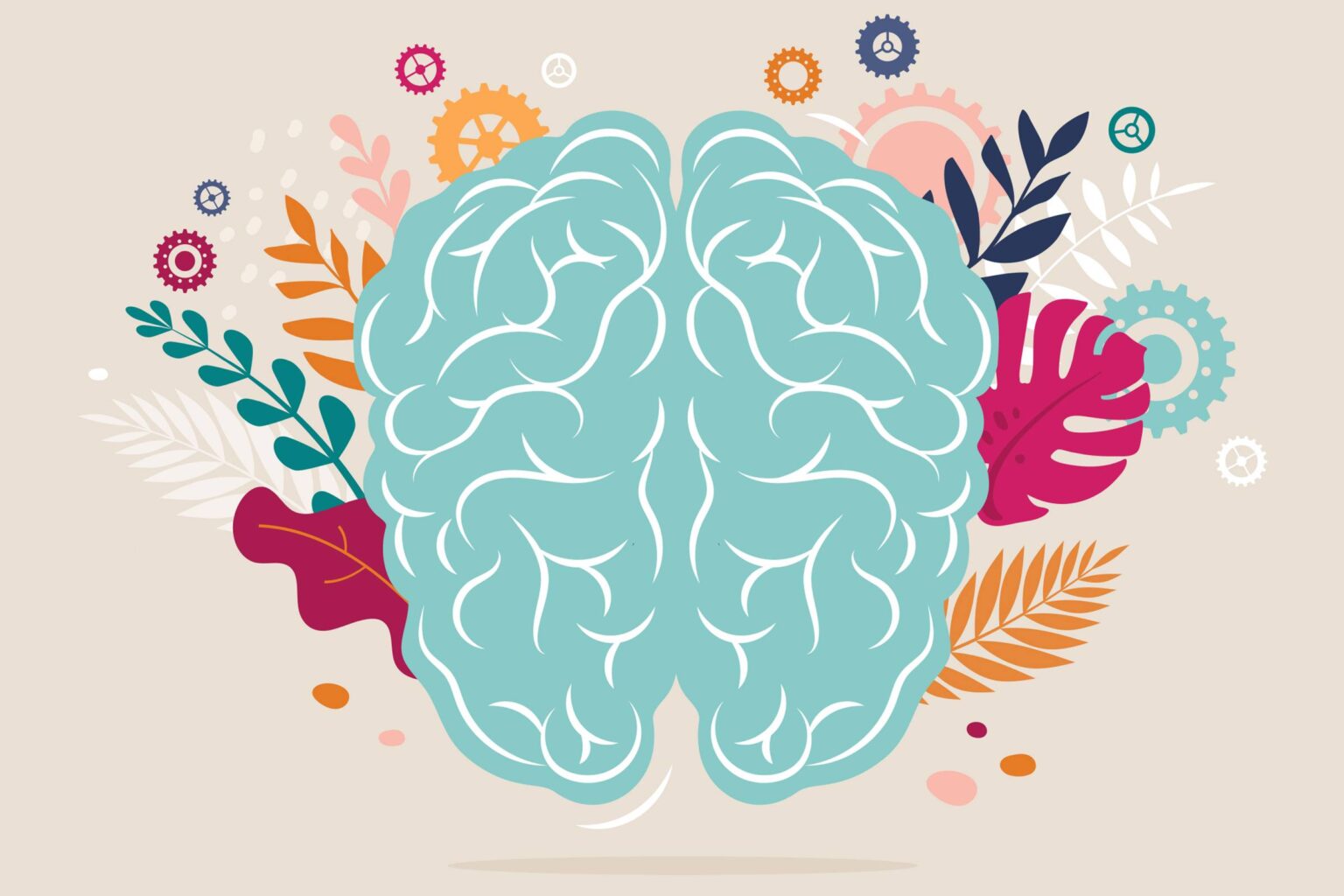
As we already know, unlike physical illnesses, mental illnesses or mental issues produce symptoms in terms of negative thoughts and feelings that are often difficult to identify from some of our normal thoughts and feelings. It’s easy to identify a broken leg and know that the symptom for example limping is different from how we normally would use that leg and so we treat it with care. However, it’s harder to notice when our thoughts, feelings and behaviours become maladaptive. We may say we’re feeling low or that we don’t feel like going out. But these words are so abstract that it becomes hard to explain the seriousness of it, especially to someone who hasn’t experienced the despair that depression brings.
As we become more aware of how our words and actions could impact someone with depression, we can start making a conscious effort to ensure our language is free from triggers. We can learn to support those who might be struggling with depression even if we may not truly understand the magnitude of this disorder.
Communication has two different aspects, intent and impact. We might say something like “it’s just a phase, you can get over it” with the intention of helping someone. But to a person who is trying every single day, our words could come across like we just don’t understand what they’re going through, or that their pain isn’t valid and this could have an adverse negative impact on them. For example when we say “It’s not a big deal” or “Your problem is that you overthink everything.” This is again the intent vs impact problem where our words don’t help but instead act as triggers making the situation even more painful… Our first instinct is trying to provide a solution, even if we aren’t sure it’ll help. What we can do instead is try and understand how the other person is doing. We could try to control that urge to give advice and listen to them instead. Just listening and making the other person feel heard is enough. Ask your loved one how they want to be supported. Ask them what they need you to do instead of telling them what they should do.
Lets try to practice empathy rather than sympathy. This means we Do our best to understand their perspective and their emotions instead of expressing how sorry we are for them. Depression often leads to isolation – imagining the worst in all situations and about ourselves. Stand strong for your loved ones and Show them that they are not alone. Sometimes, just a hug offers a lot more comfort than our words. Simply being there for them and showing that you care can work wonders.
Your words have the power to impact people and change their lives. So let’s use our words wisely and learn to show a little bit of compassion. Our world has enough suffering, let’s try to make sure that our actions dont add to it! Great work today!